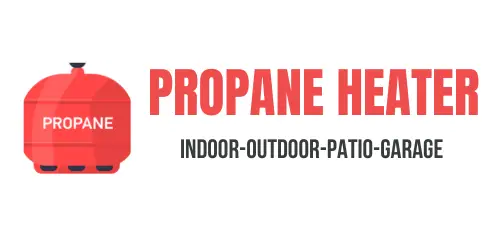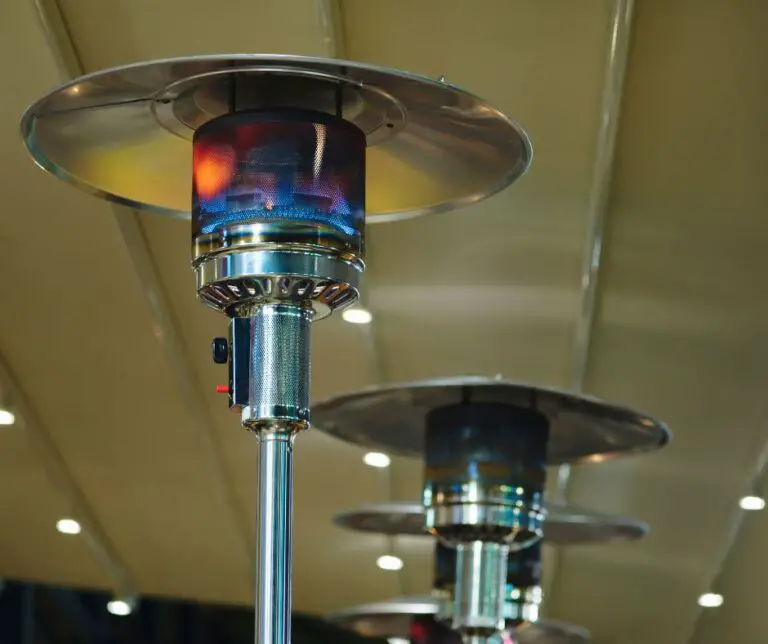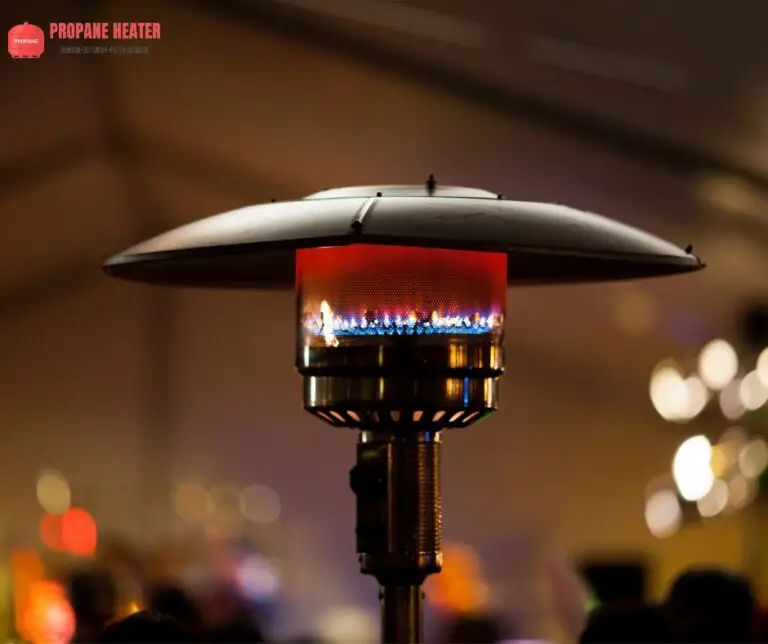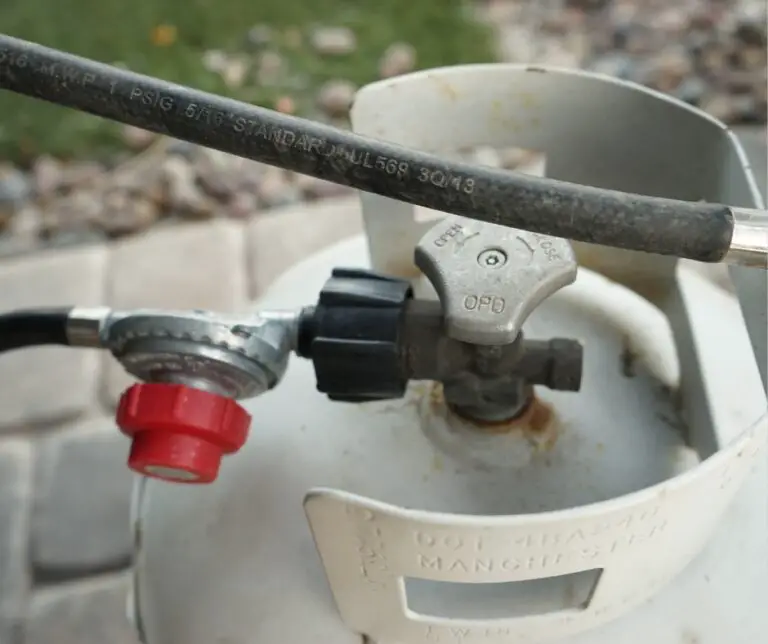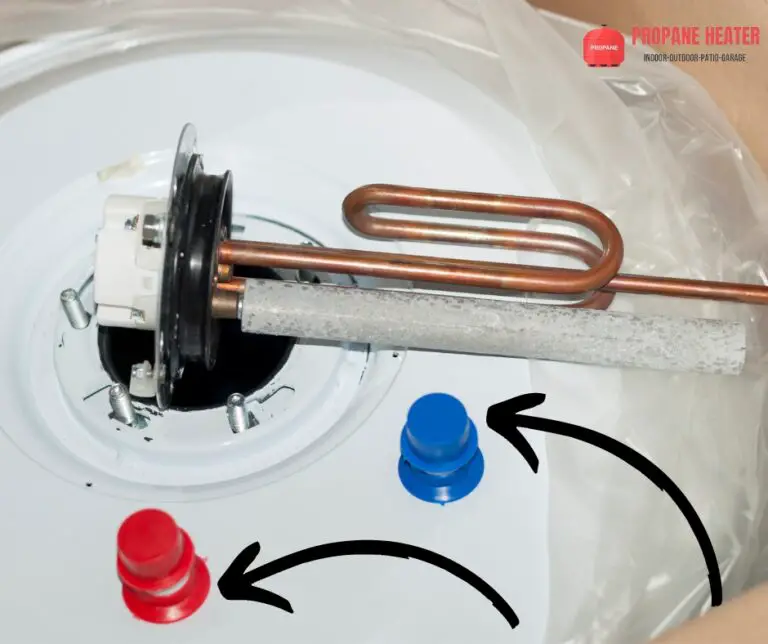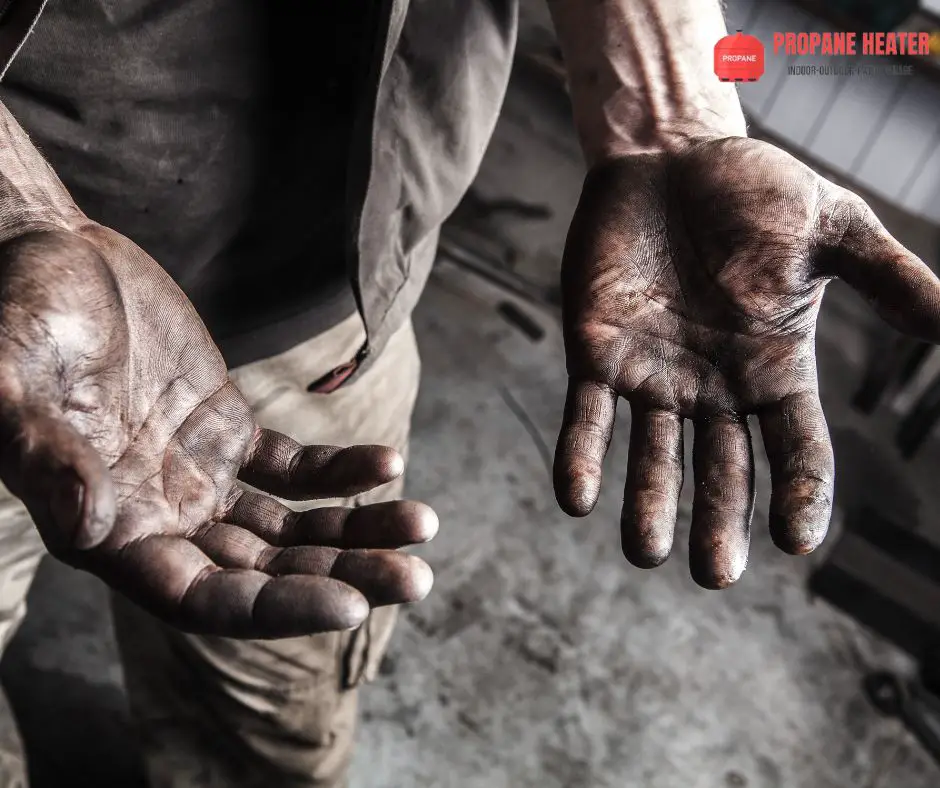
The black soot is likely coming from your propane stove, and it’s coming from the burner assembly. This means the flame isn’t burning correctly and, therefore, cannot provide enough heat to fully vaporize the gas before it becomes a gas again. There are many reasons this could happen, but we’ll discuss some of them in this piece.
Incomplete combustion occurs when your stove’s flame has too much oxygen for the fuel being burned or vice versa. As a result, there are incompletely burned particles that float away. This is what causes black soot to be unhealthy for you to inhale.
What Does My Propane Stove Emit Black Soot and Smell
Black soot is the result of incomplete combustion in your propane stove. You’re probably familiar with the smell of burning propane, which can be a little like an electrical fire. The black stuff is carbon, one of the leading products of incomplete combustion. It’s hard to clean off and sticks to everything in your kitchen.
Incorrect propane-to-oxygen ratio
The ratio of propane to oxygen is essential in burning propane fuel. If there is too much or too little oxygen in the mix, it will not burn efficiently and can cause black soot and smell. Ideally, anything less than four parts of propane in the mix is considered a “lean burn,” which means incomplete combustion and increased carbon monoxide (CO) emissions into your home.
If you are using a regulator, set it correctly before trying to solve this problem yourself. By incorporating the right amount of propane and oxygen into your stove’s system, you can adjust the regulator accordingly so that everything runs smoothly again with no remaining black smoke coming from your stove.
The burner assembly is not clean
If your propane burner and pilots are not clean, the appropriate burning of liquid propane is hindered. This creates a situation where the molecules that escape into the air will accumulate on the surface of your feature, appearing as black soot.
If the ports on your assembly are clogged, you can use a toothpick to loosen the debris and open the ports so that the fuel can flow easily through the unit. However, before attempting to clean a unit, consult the manufacturer’s guide for proper care and maintenance of your burner.
Malfunctioning gas regulator
If a regulator is malfunctioning, it will either allow too much gas into your feature or insufficient propane. Either situation will cause some of the fuel to burn improperly. Always make sure your pressure adjustments are being set correctly. A replacement may be necessary if an adjustment does not improve the performance.
Too much or too little gas pressure
If your gas is too low, it may cause black soot to be emitted from the tip of your device. This is because incomplete combustion occurs when there isn’t enough oxygen to complete the process and causes carbon monoxide emissions.
If your gas pressure is too high, this can also lead to incomplete combustion of propane, resulting in black soot being emitted from your device or stove.
Gas pressures are measured in inches of water column or wci with the recommended pressure for liquid propane set at 11-14 wci. This is equal to 1/2 psi, or pounds per square inch). As mentioned above, it’s best to use a regulator that reduces the pressure by about ten psi.
Wrong or no air mixer for propane
Propane is not pure liquid but a mix of two different molecules: propane and isobutene. Suppose the propane company or your supplier has poor control over their supply. In that case, you may get tank trucks that are only 95% good propane, which means 5% is something else.
While a “complete” burn of all molecules is ideal, this is nearly impossible with a propane burner. Incorporating the air mixer into your system will help achieve cleaner fuel combustion without creating soot.
Incorrect conversion from natural gas to propane
Another cause of black soot on your propane stove is the incorrect conversion from natural gas to propane. While many conversion kits come with the appropriate orifice to connect easily to a propane fuel line, there are occasions where a homeowner might have gotten the wrong equipment. If the wrong size connection piece is used with the burner system, the propane will not burn right and thus produce soot.
Too high of a flame for the size of the burner
The proper stove flame should be blue, about 1″ high, and not too high for the size of the burner. If your oven’s flame is too high, it will produce black soot on the bottom of the pots and pans you cook with.
Low-grade propane
If you are using low-grade propane, it can cause black soot and smell. It would help if you only used premium-quality propane on your stove. If the flame is yellow or orange, then it is likely that your stove is burning cheap fuel that has a higher sulfur content. This is because sulfur in the fuel will create more soot and smoke when burned at high temperatures, making your home smell like rotten eggs.
Faulty alignment of burner assembly parts
The burner assembly is the part of your propane stove that heats the propane to be burned. It comprises a burner, a gas valve, and a gas regulator. These parts are designed to work together to create an efficient system that produces heat while using as little fuel as possible.
When any of these pieces becomes misaligned or damaged, it can lead to the incomplete burning of propane and hence the formation of soot.
Is the Black Soot from My Propane Stove Harmful?
It is important to note that the black soot emitted by your propane stove can be harmful. It will reduce your stove’s efficiency, leading to staining of your features, which will require time and effort to clean. You will have to clean your appliance regularly. This will help prevent corrosion or other damage caused by soot buildup.
If you are worried about odors, open a window before lighting your stove. The smell from burning propane is unpleasant for sensitive noses and should be avoided if possible.
Conclusion
By now, better understand what causes your propane stove to emit black soot and smell. However, if you use your propane stove correctly, it will take a while before you need to worry about the formation of soot. If you still need to understand what to do next, consult with an expert.

I am Richard A. Jackson man behind propane heating solution, An HVAC expert working as a team lead of the heating department, Provide services all over the USA (around all major cities), and from planning to implementation, you will get all your solution here. We provide various tanks (propane and other natural gases) and deal with disposable waste.
